Experiencing a visa denial for your East Africa Tourist Visa can be disheartening, especially if you’ve planned an exciting adventure across Kenya, Uganda, and Rwanda. However, it’s crucial to understand that a denial doesn’t mean the end of your travel dreams. By taking the right steps, you can turn things around and still make your trip happen. In this article, we’ll guide you through what to do if your East Africa Tourist Visa application is denied. From understanding the reasons behind the denial to exploring alternative travel options, we’ve got you covered.
First, let’s dive into why your visa might have been denied in the first place. Knowing the common reasons for visa denial can help you avoid them in future applications. It’s also important to comprehend the impact of a visa denial, both emotionally and practically. Once you grasp these aspects, you’ll be better prepared to take the necessary steps to correct the situation.
| Information | Description |
|---|---|
| Visa validity | 90 days |
| Non-renewable | Visa cannot be extended |
| Application Process | Online through the Immigration Portal |
| Required Documents | Passport, recent photo, vaccination certificate, return ticket, travel itinerary |
| Visa Fee | USD 100, non-refundable |
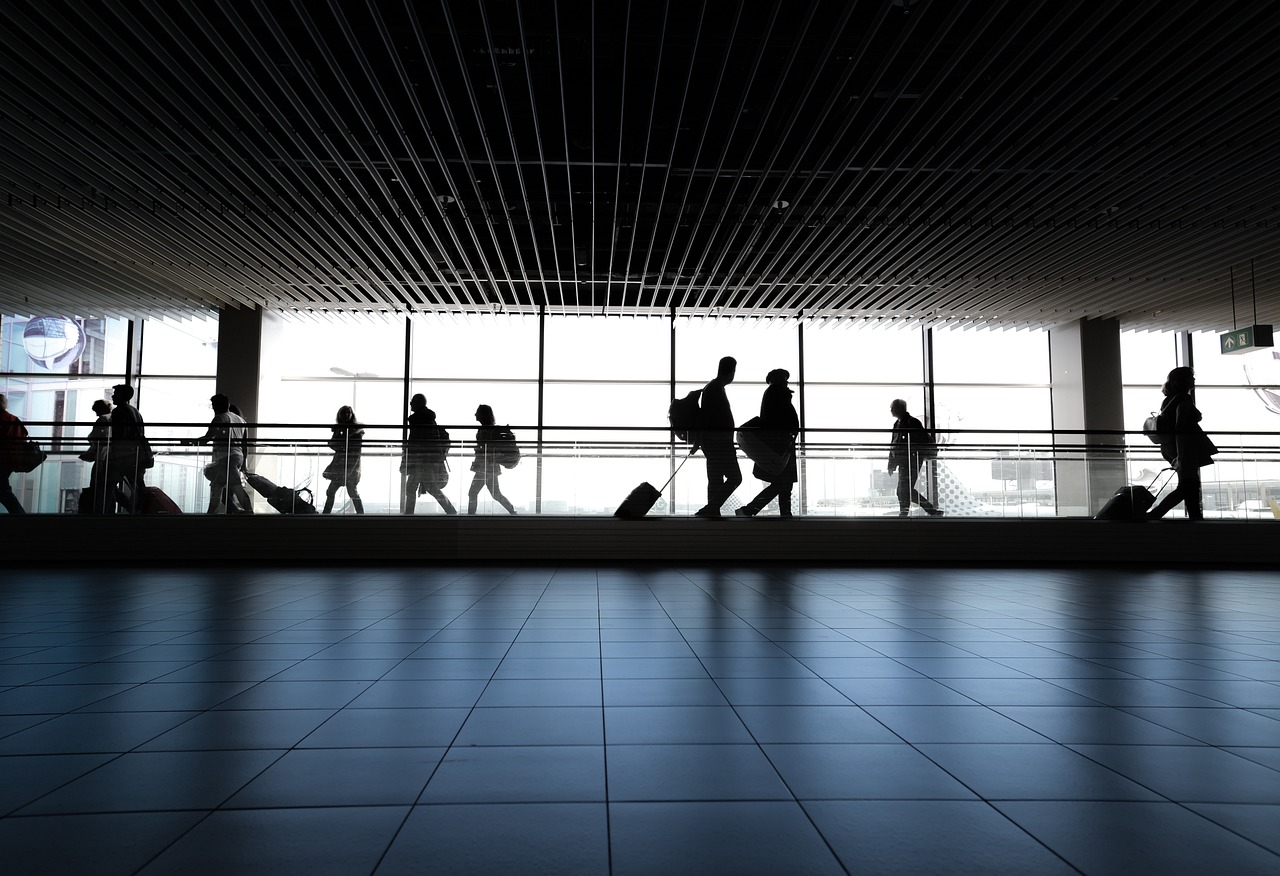
Understanding Visa Denial for East Africa Tourist Visa
Visa denial can be perplexing, especially if it’s your first time applying. Understanding the reasons behind the denial is the first step to addressing the issue. Common reasons for denial include incomplete applications, inconsistencies in your documents, and failure to meet financial requirements. Sometimes, even minor errors like incorrect passport details can lead to a rejection. It’s also possible that your travel history or security concerns flagged by immigration authorities could play a role.
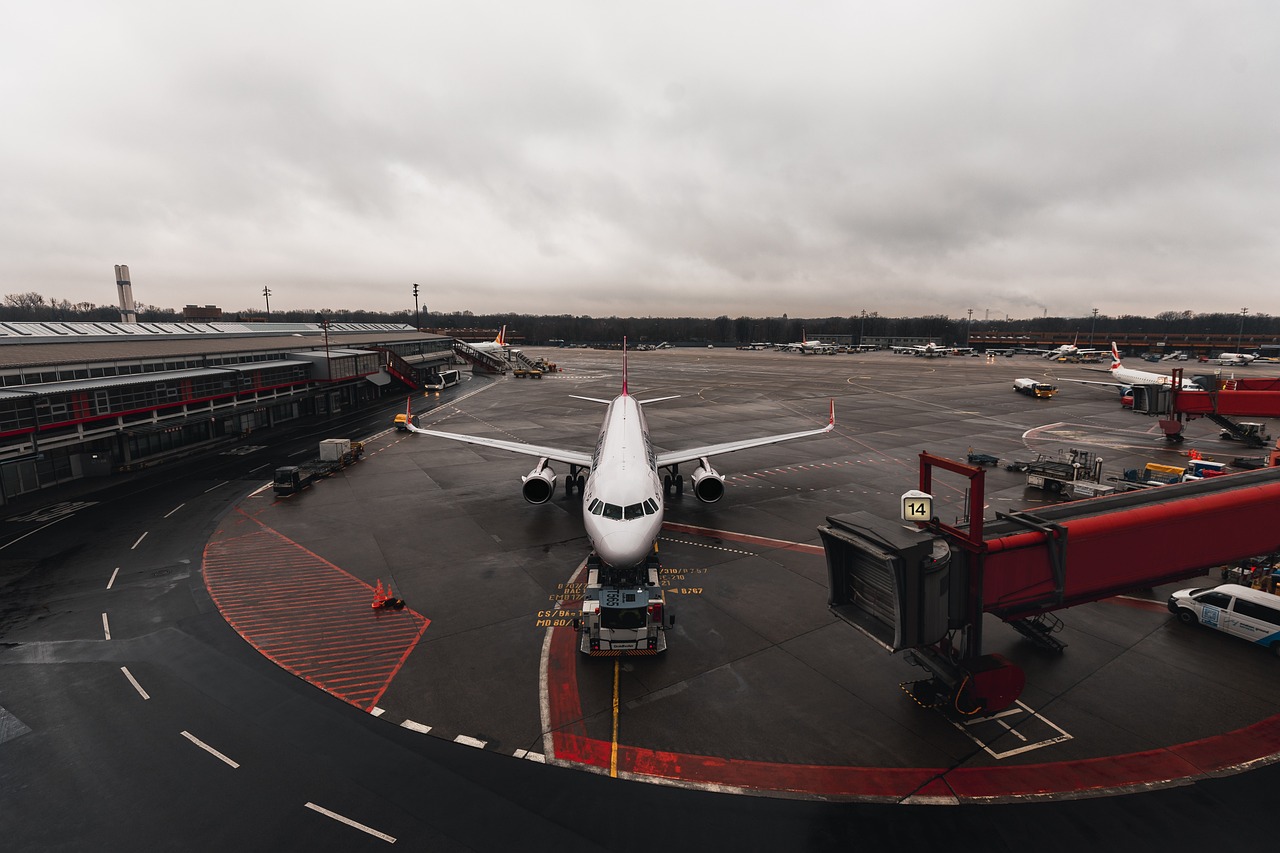
Common Reasons for Visa Denial
There are several common reasons why your East Africa Tourist Visa might be denied. Incomplete or incorrect application forms are a frequent cause. Ensure all sections are filled out accurately. Another reason could be insufficient financial proof; you must demonstrate that you can fund your trip. Additionally, inconsistencies in your travel itinerary or discrepancies in your personal information can lead to denial. Security concerns or a criminal record can also be red flags for immigration authorities.

Impact of Visa Denial
The impact of a visa denial can be significant, affecting both your travel plans and your finances. Not only will you lose the non-refundable visa fee, but you may also incur additional costs if you need to reschedule flights or accommodations. Emotionally, a denial can be disheartening and stressful. It’s important to stay calm and focus on resolving the issue. Sometimes, a denial can also mean you need to reassess your travel plans and consider alternate destinations or visa options.

Steps to Take When Your East Africa Tourist Visa Application is Denied
If your visa application is denied, don’t panic. There are several steps you can take to rectify the situation. First, review the denial reason carefully to understand what went wrong. Contact the relevant immigration authority for clarification if needed. Once you know the issue, correct any errors and resubmit your application. It’s crucial to ensure all information is accurate and complete in your new submission.
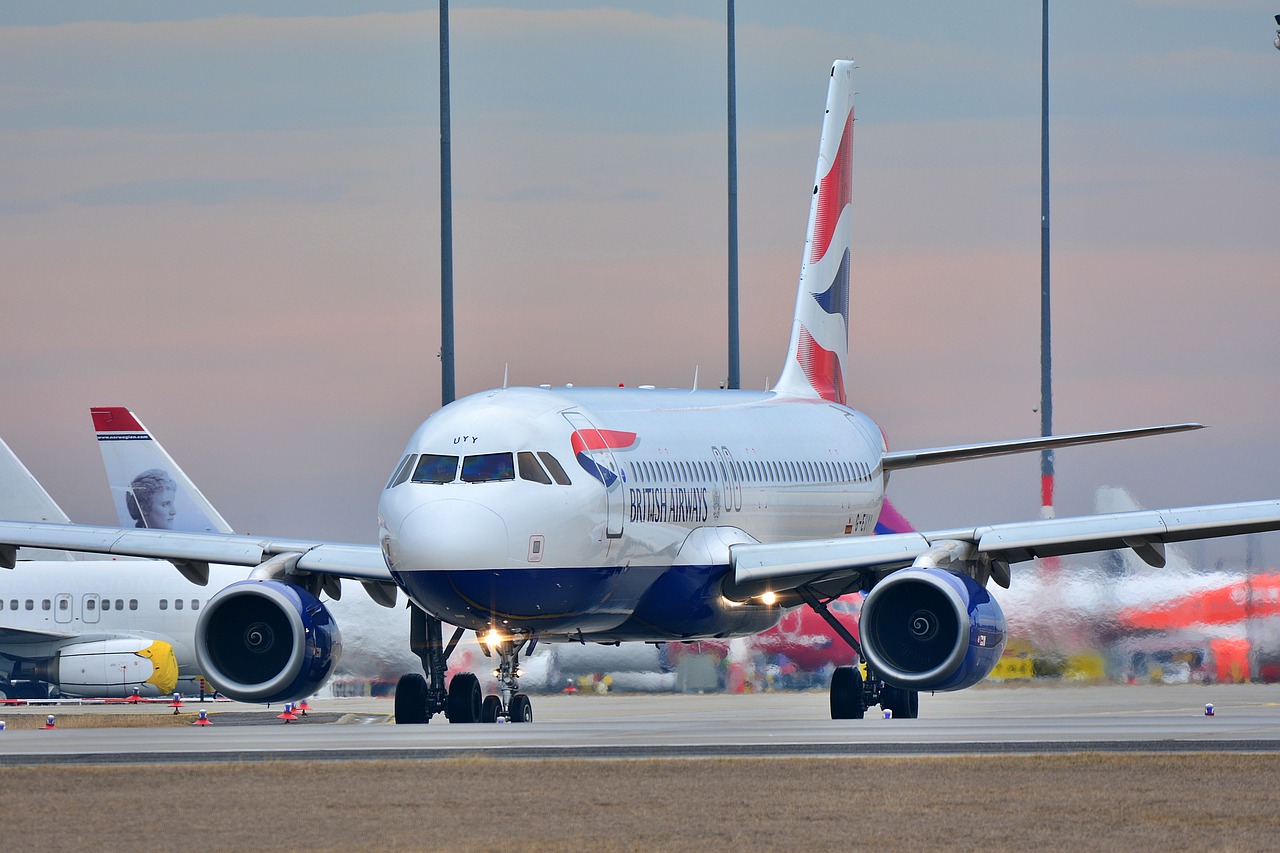
Review the Denial Reason
The first step after a visa denial is to review the denial reason provided by the immigration authority. Understanding why your application was rejected will help you address the issue effectively. Look for any specific errors or missing documents that were cited. Sometimes, the denial letter will provide detailed explanations that can guide your next steps. Carefully read through the feedback and take notes on what needs to be corrected.

Contact the Relevant Immigration Authority
Once you’ve reviewed the denial reason, it’s a good idea to contact the relevant immigration authority for further clarification. Reach out to the Directorate General of Immigration and Emigration or the specific embassy handling your application. They can provide additional insights and guidance on how to rectify the issue. Make sure to have your application details and denial letter handy when you contact them. This step can provide valuable information and help you avoid the same mistakes in your next application.

Correct and Resubmit Your Application
After understanding the reasons for denial and seeking clarification, the next step is to correct your application. Ensure all information is accurate and complete before resubmitting. Double-check your documents, including your passport, photos, and financial proofs. If any additional information or documents are required, make sure to include them. Once you’ve made the necessary corrections, submit your application again. Keep in mind that visa fees are non-refundable, so you’ll need to pay the fee again.
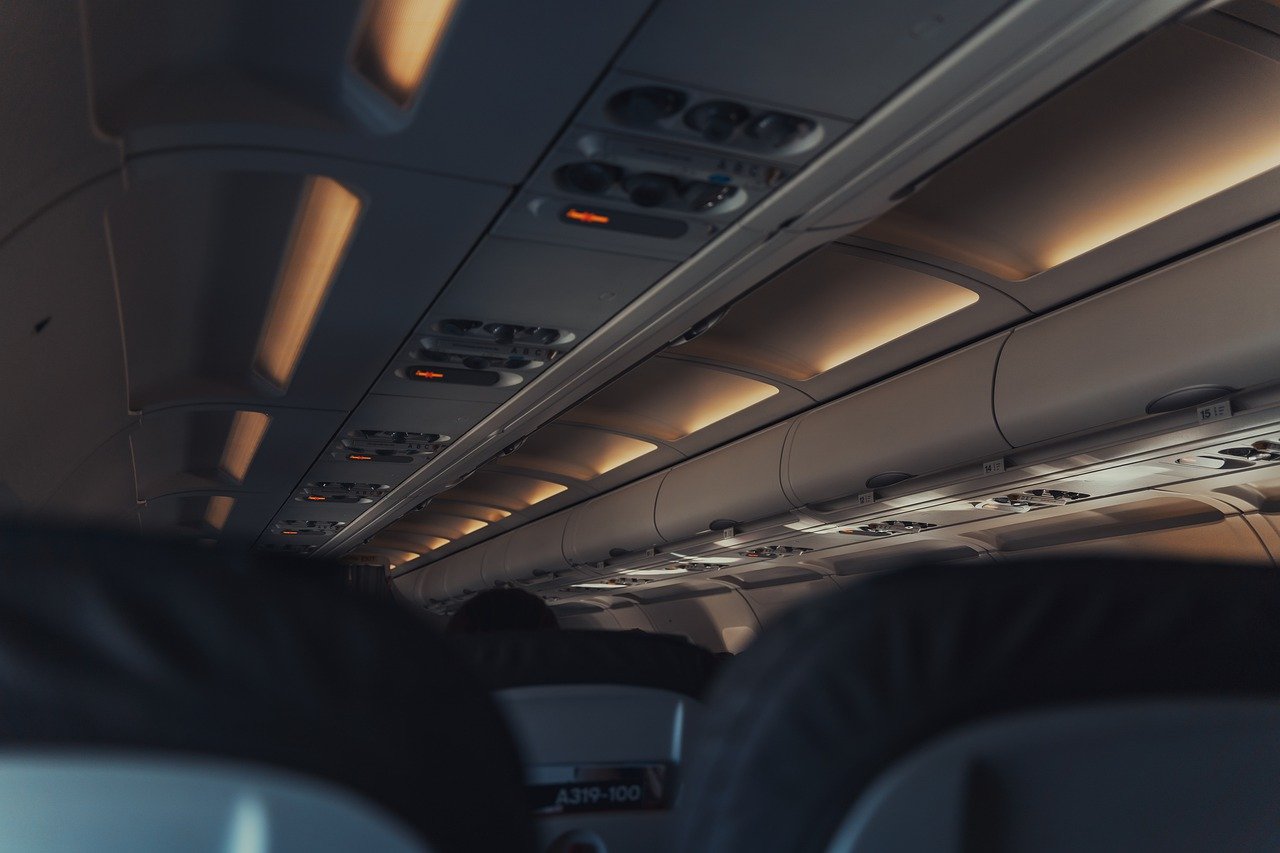
Submitting a New Application
Submitting a new application after a denial requires careful preparation. Gather all required documents and ensure they meet the specified criteria. This includes your passport, recent photographs, vaccination certificates, return tickets, and travel itinerary. Make sure you meet the financial requirements and provide proof of sufficient funds. Accuracy is crucial, so double-check all details before submitting your application through the Immigration Portal.
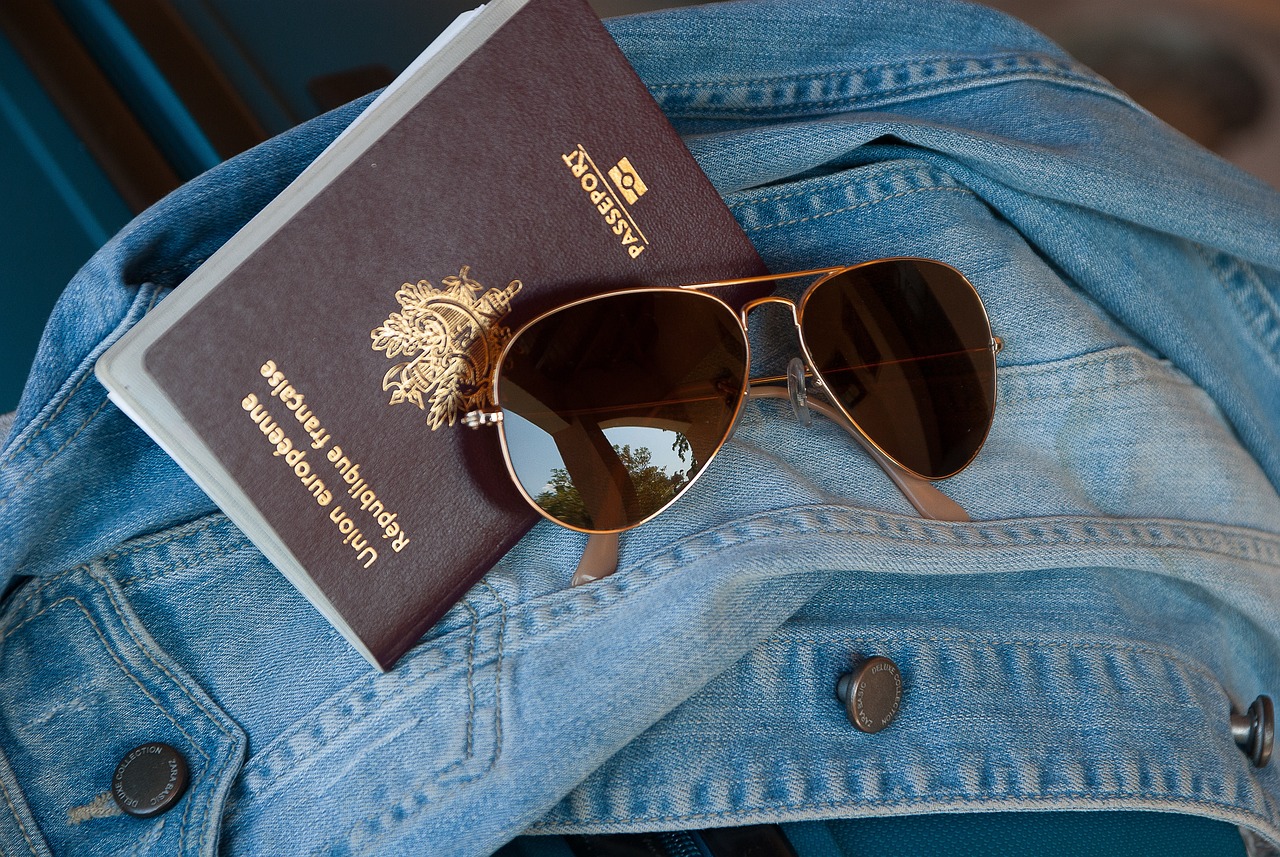
Gathering Required Documents
When preparing to submit a new application, gathering the required documents is essential. Ensure you have a valid passport, recent passport-size photographs, and a vaccination certificate. You’ll also need to provide your return ticket and a detailed travel itinerary. It’s important to check that all documents are up-to-date and meet the specified requirements. Missing or outdated documents are a common reason for visa denial, so take the time to gather everything you need.
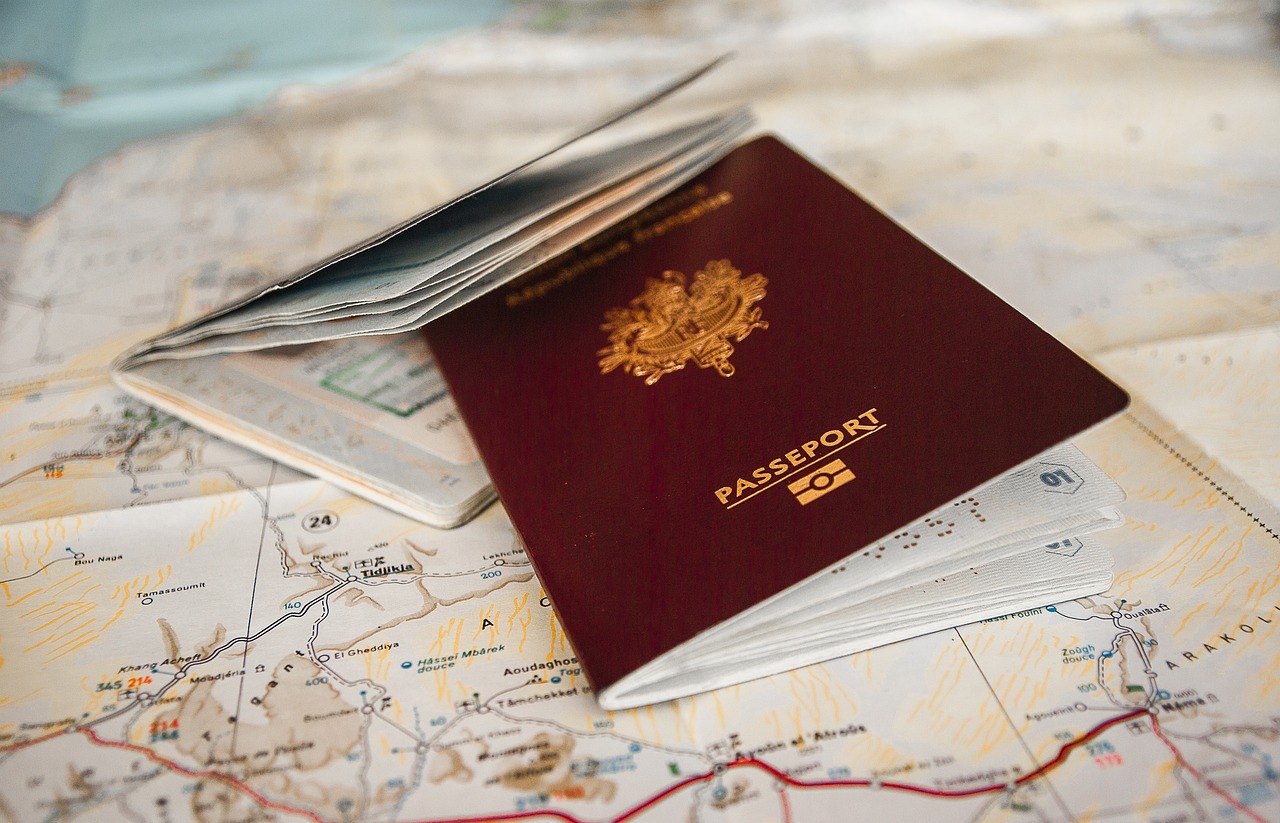
Meeting Financial Requirements
Meeting financial requirements is a crucial aspect of the visa application process. You must demonstrate that you have sufficient funds to cover your stay. This can be done through bank statements, proof of employment, or sponsorship letters. Ensure that the financial documents you provide are recent and accurately reflect your financial situation. Meeting these requirements can significantly increase your chances of visa approval.
Ensuring Accuracy in Application
Accuracy in your application is paramount. Double-check all information, including your personal details, travel plans, and supporting documents. Any inconsistencies or errors can lead to another denial. Make sure your passport details, photographs, and other documents meet the specific requirements set by the immigration authorities. Taking the time to ensure accuracy can save you from the frustration of repeated denials.
Appealing the Denial Decision
If correcting and resubmitting your application doesn’t work, you may need to consider appealing the denial decision. Understanding the appeal process is crucial for a successful appeal. Start by preparing a strong appeal letter, addressing the reasons for denial and providing additional supporting documents. Submitting a well-prepared appeal can improve your chances of overturning the denial.
Understanding the Appeal Process
Understanding the appeal process is the first step in challenging a visa denial. Each country has specific procedures for handling visa appeals. Familiarize yourself with the guidelines and timelines for submitting an appeal. Typically, you will need to provide a written appeal letter along with any additional supporting documents. It’s important to adhere to the specified format and provide all required information to strengthen your case.
Preparing Your Appeal
Preparing your appeal involves addressing the reasons for denial in a clear and concise manner. Your appeal letter should directly respond to the issues raised in the denial letter. Provide any additional information or documents that can support your case. Be honest and transparent in your appeal, explaining any discrepancies or errors in your original application. A well-prepared appeal can significantly improve your chances of success.
Submitting Additional Supporting Documents
In addition to your appeal letter, submitting additional supporting documents can strengthen your case. Include any new evidence that addresses the reasons for denial. This might involve providing updated financial statements, corrected travel itineraries, or additional proof of your travel plans. Make sure all documents are clear and meet the specified requirements. Submitting comprehensive and accurate information can improve the likelihood of a successful appeal.
Alternative Travel Options
If your appeal is unsuccessful, it’s time to consider alternative travel options. Exploring visa-free countries in East Africa can be a viable alternative. You can also look into applying for different types of visas that might have less stringent requirements. Consulting travel agencies can provide valuable assistance and help you navigate alternative travel plans. It’s important to remain flexible and open to different possibilities.
Exploring Visa-Free Countries in East Africa
Exploring visa-free countries in East Africa can be an exciting alternative if your visa application is denied. Certain countries, such as Rwanda and Kenya, offer visa-free entry to citizens of specific nations. Check if your country is on the list and plan your itinerary accordingly. Visa-free travel can save you the hassle of applying for a visa and ensure a smoother travel experience. Research the visa policies of neighboring countries to explore your options.
Applying for Different Types of Visas
If a tourist visa doesn’t work out, consider applying for different types of visas. Some countries offer alternative visas, such as business or student visas. These visas might have different requirements and could be easier to obtain. Research the visa options available for the countries you wish to visit and determine which one best suits your situation. Applying for a different type of visa can open up new travel opportunities.
Consulting Travel Agencies for Assistance
Consulting travel agencies can provide valuable assistance if you’re facing visa difficulties. Travel agencies have experience and expertise in handling visa applications and can guide you through the process. They can help you identify the best travel options and ensure your application is complete and accurate. Using their services can increase your chances of a successful visa application and make your travel planning easier.
Preventing Future Visa Denials
Preventing future visa denials involves careful planning and attention to detail. Ensure your application is accurate and complete. Understand the visa requirements and meet all specified criteria. Maintaining a clean travel record and avoiding any legal issues can also improve your chances of visa approval. By taking these steps, you can reduce the risk of future denials and enjoy a smoother travel experience.
Accurate and Complete Application Submission
Accurate and complete application submission is the key to preventing future visa denials. Double-check all information and ensure you’ve provided all required documents. Incomplete or inaccurate applications are a common reason for denial. Take the time to carefully fill out your application and review all details before submission. An accurate and complete application can significantly improve your chances of visa approval.
Understanding Visa Requirements
Understanding visa requirements is crucial for a successful application. Familiarize yourself with the specific criteria for the visa you’re applying for. This includes understanding the required documents, financial requirements, and any other conditions that need to be met. By knowing the requirements in advance, you can ensure you meet all criteria and avoid common pitfalls that lead to denial.
Maintaining Clean Travel and Criminal Records
Maintaining clean travel and criminal records is important for visa approval. Immigration authorities often check your travel history and criminal background. Ensure you have no outstanding legal issues and maintain a clean record. Avoid any activities that could negatively impact your visa application. By maintaining a clean record, you can improve your chances of a successful visa application and enjoy hassle-free travel.
